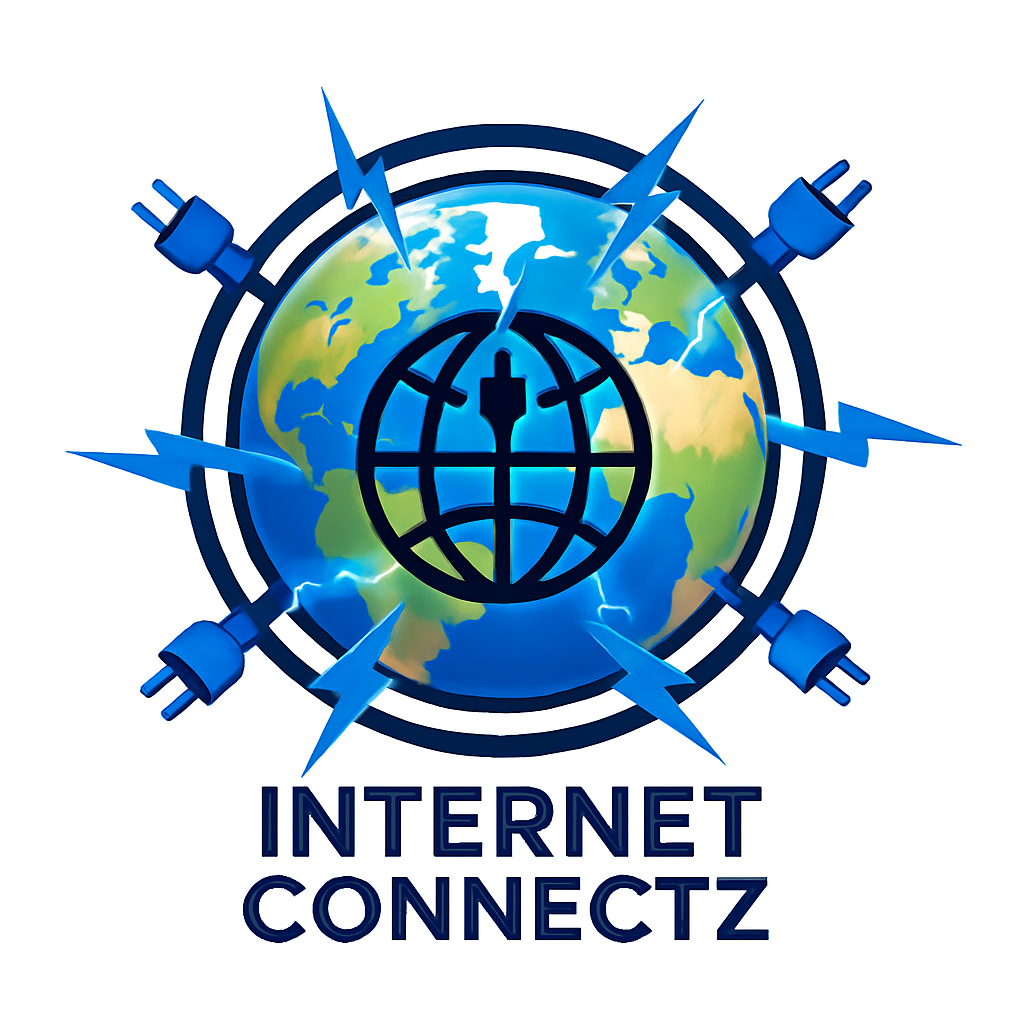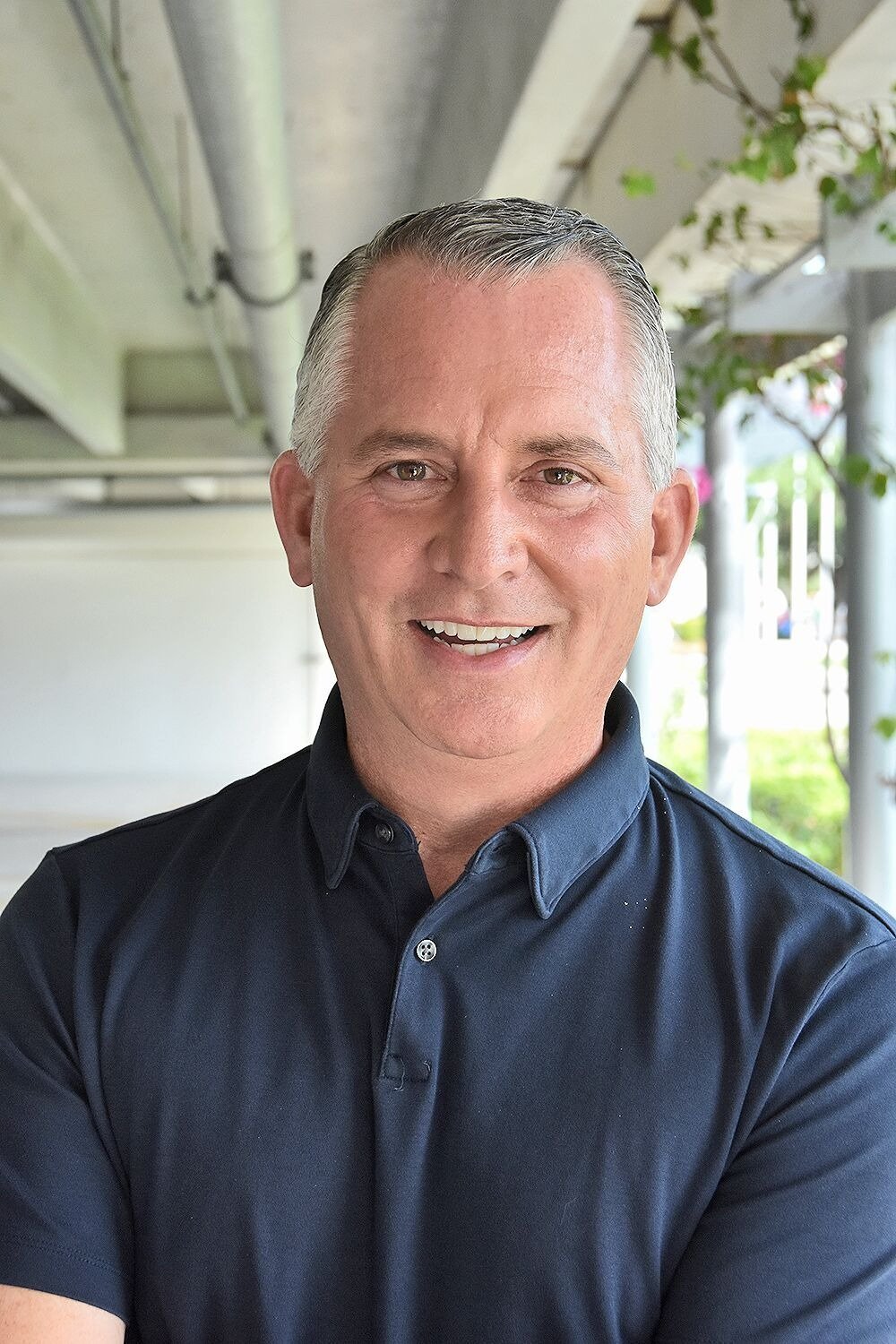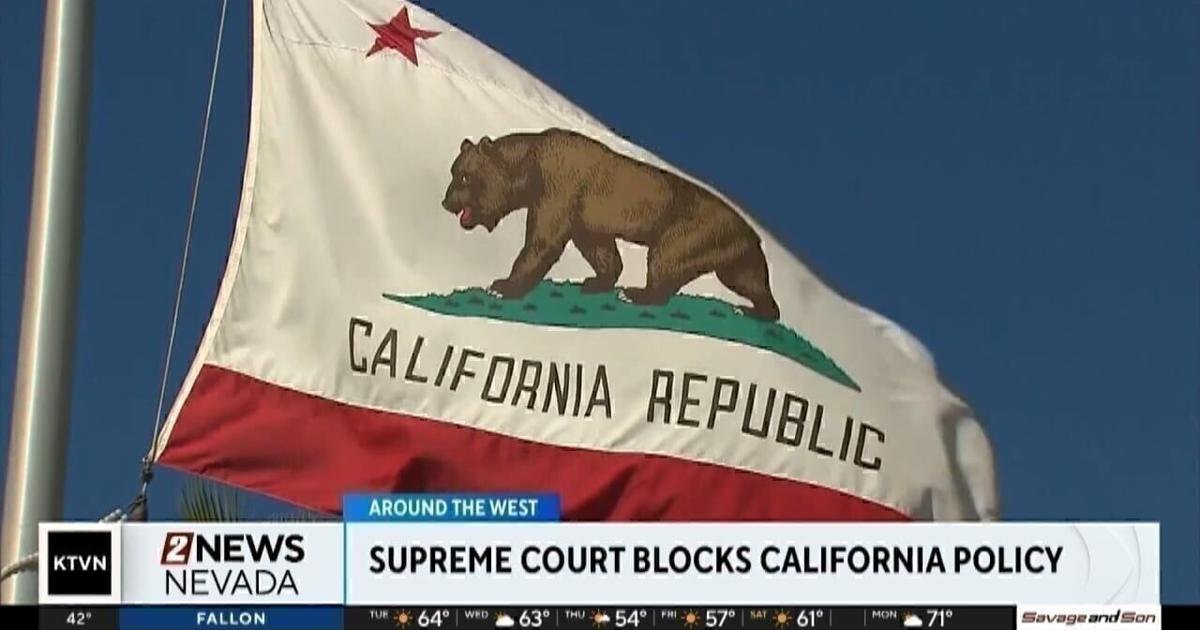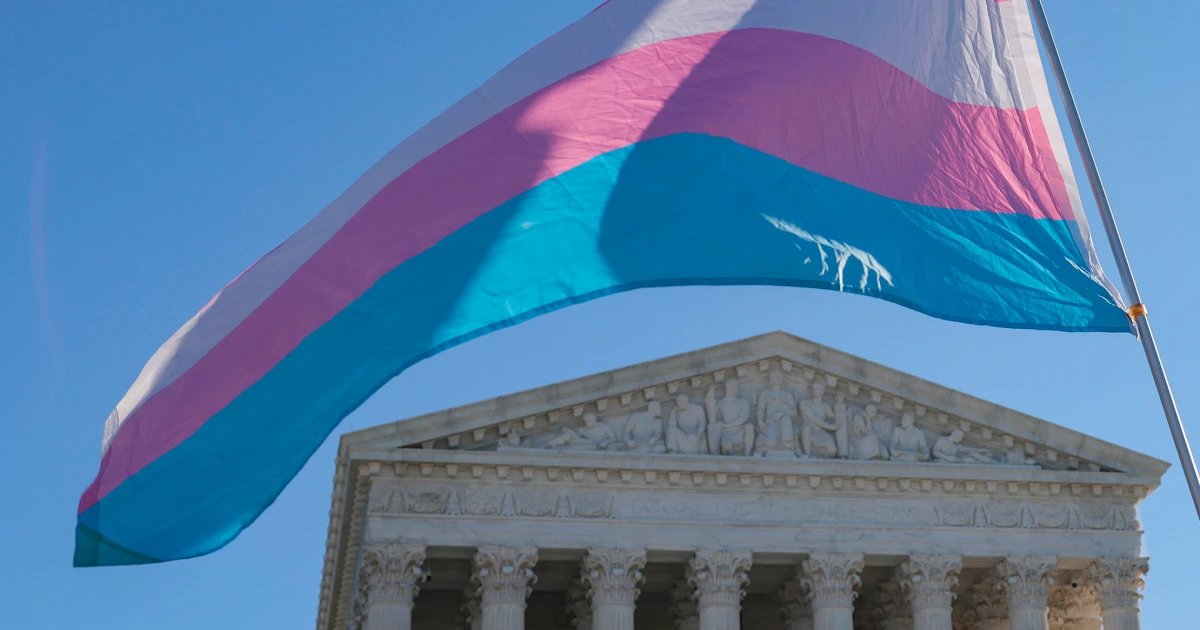Introduction to David Jolly: A New Hope for Florida
David Jolly emerges as a significant figure in Florida’s political landscape, showcasing a compelling background that demonstrates both experience and adaptability. Originally aligning himself with the Republican Party, Jolly served as a U.S. Representative, where he focused on key issues affecting constituents in his district. His tenure was marked by efforts to foster bipartisanship in an increasingly polarized environment, an attribute that could serve him well in a gubernatorial race. However, in a notable shift that echoes the changing dynamics of political affiliation in the United States, Jolly transitioned to the Democratic Party. This move has sparked discussions regarding his motivations and the implications for his candidacy.
The motivations behind Jolly’s party switch can be attributed to a growing frustration with party extremism and a desire to prioritize pragmatic solutions over partisan ideals. He has expressed a commitment to addressing fundamental issues such as healthcare, education, and environmental sustainability, which resonate with a broader voter base beyond traditional partisan lines. This cross-party appeal may position him as a transformative leader, particularly in a state like Florida, known for its diverse electorate and distinct regional challenges.
As Jolly embarks on his campaign for governor, he brings with him an understanding of both sides of the political aisle, potentially allowing him to bridge gaps between voters from varying backgrounds. His unique journey underscores a larger trend of evolving political identities among candidates, reflecting an era where party loyalty is increasingly challenged by voters’ demands for integrity and effective governance. This introduction to David Jolly sets the stage for an exploration of his vision for Florida and the potential impact he could have on the state’s future.
The Political Landscape of Florida: A Historical Perspective
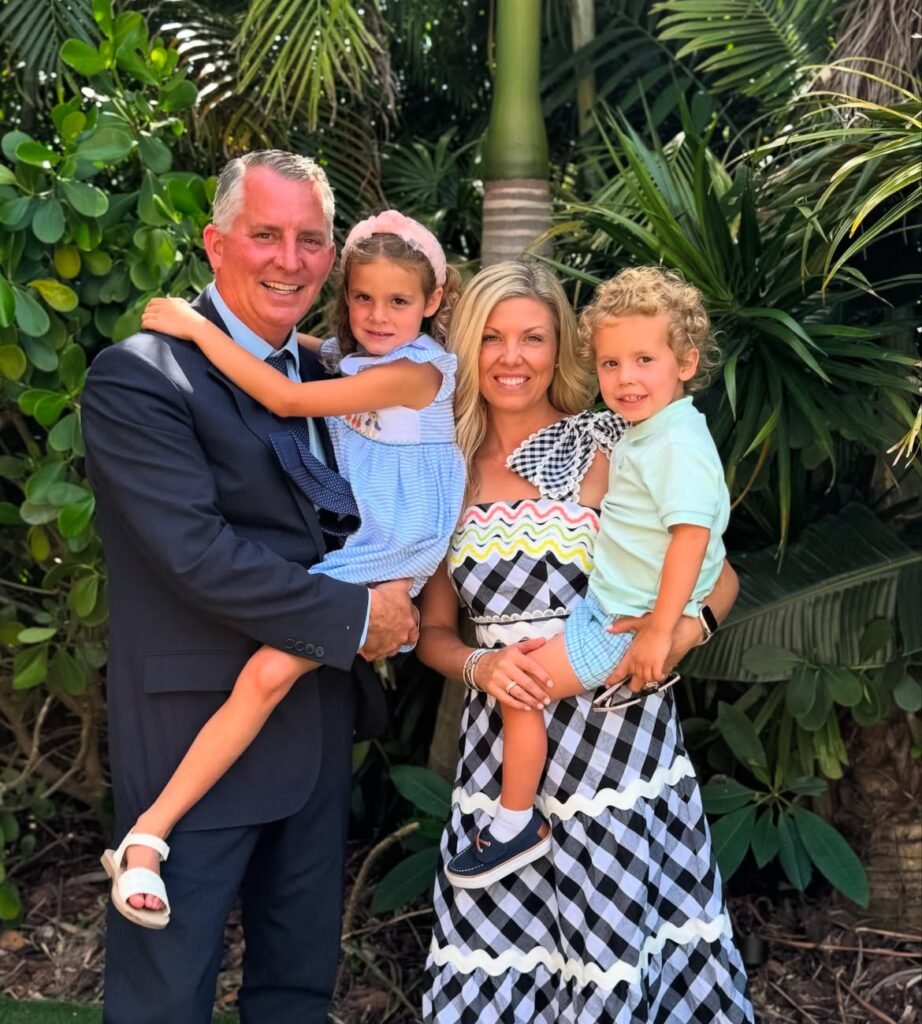
The political history of Florida is characterized by its status as a “purple state,” exhibiting both Republican and Democratic influences over the years. This duality has attracted a diverse voter base, reflecting a unique blend of cultural, economic, and social factors. Historically, Florida has been a battleground in national elections, often tipping the scales for presidential candidates from both major parties. The state’s significance in the electoral process has only intensified as its population continues to grow and diversify.
In recent years, Florida’s political environment has become increasingly polarized. The 2016 and 2020 elections highlighted significant divisions among voters, with issues such as immigration, healthcare, and the economy emerging as critical touchpoints for various demographics. This polarization has been influenced by a multitude of factors, including the shifting voter demographics that now comprise younger individuals, retirees, and a substantial Hispanic community. Each group brings a distinct set of priorities and concerns, further complicating the political discourse.
The evolution of Florida’s electorate has played a vital role in shaping the current political climate. As urban areas like Miami, Orlando, and Tampa continue to expand, they contribute to the Democratic base, while rural regions have maintained a strong Republican presence. This juxtaposition creates a complex landscape for candidates seeking electoral success. In this context, opportunities arise for candidates like David Jolly, who can strategically navigate this diverse cultural tapestry, appealing to swing voters from both sides of the aisle.
Ultimately, the historical perspective of Florida’s political landscape reveals a state in transition, teetering between its varied political identities. Understanding these trends is crucial for assessing the viability of candidates like Jolly as they position themselves within this dynamic environment. As the state heads into its next gubernatorial election, it will be fascinating to observe how these influences play out on the campaign trail.
The Shift from Republican to Democrat: Why Jolly Made the Change
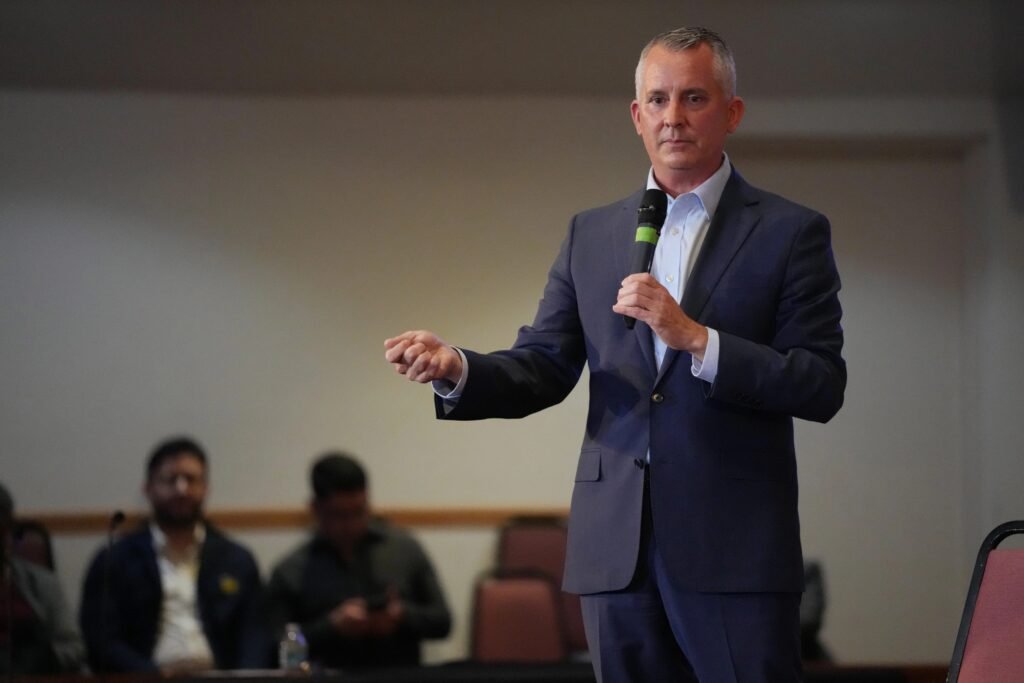
David Jolly’s transition from the Republican Party to the Democratic Party has raised questions among constituents and political observers alike. This move is attributed to a variety of factors, primarily his growing disillusionment with the policies and rhetoric that characterized the Trump administration. Jolly has publicly expressed concerns regarding the increasing polarization and divisiveness within the Republican Party. He believes that this shift in the political landscape has diverted attention from critical issues affecting everyday Floridians.
Moreover, Jolly’s tenure in the House of Representatives exposed him to the impacts of extreme party politics on constituents. During his time, he observed how partisan strategies often took precedence over the needs and opinions of the people he represented. He recognized that many citizens felt overlooked and disenchanted with the outcome of political disagreements. This realization played a significant role in Jolly’s decision to advocate for a more inclusive and collaborative agenda, one that prioritizes bipartisan solutions rather than partisan contention.
In addition, Jolly emphasizes the importance of building bridges in a time when political discourse is often driven by conflict. His move to the Democratic Party is framed as not just a strategic election ploy, but rather a courageous decision rooted in his core convictions about serving the public. Jolly’s commitment to fostering dialogue and unity is evident in his new political approach, which seeks to align more closely with values that resonate with a wider demographic, including moderate Republicans and Independents who share his vision for a better Florida.
This shift, while challenging, reflects his determination to champion a thoughtful and inclusive political narrative amidst a landscape of increasing partisanship. As he embarks on this new chapter, Jolly aims to redefine his role in Florida politics, prioritizing collaboration over division.
Jolly’s Vision and Agenda: What He Brings to the Table
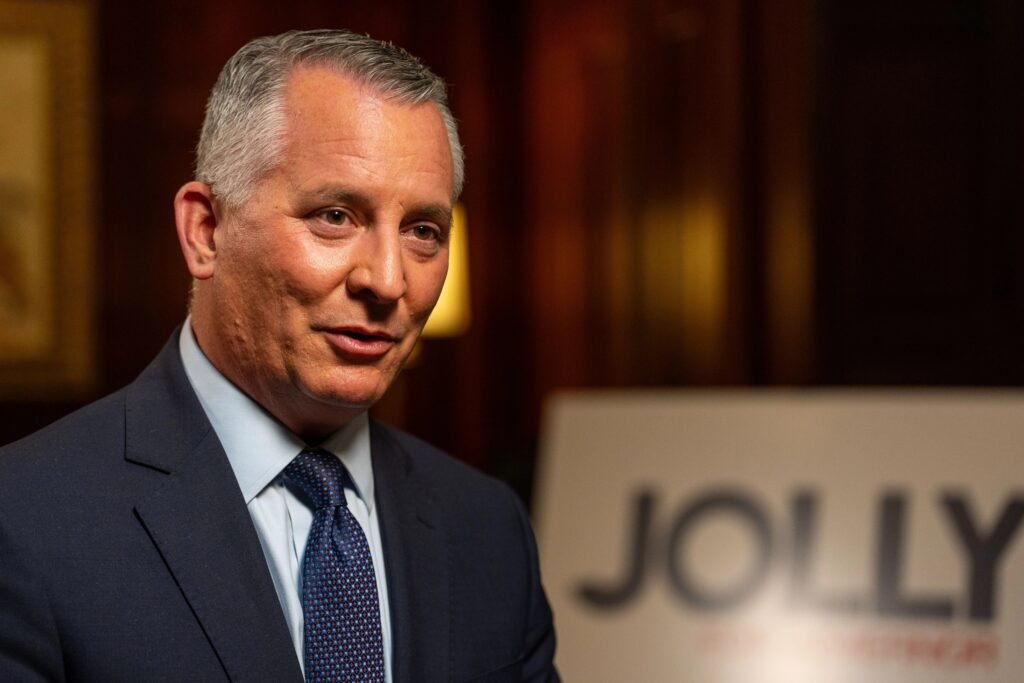
David Jolly’s political agenda is framed around a vision of unity and progress designed to resonate with the diverse electorate of Florida. At the core of his platform are several key components, including education, healthcare, economic development, and community engagement. Jolly aims to create an inclusive environment where all Floridians feel represented and empowered.
In the realm of education, Jolly advocates for reforms that support not only funding for public schools but also the enhancement of vocational training programs. He believes that promoting a robust educational framework will equip students with the necessary skills for the workforce, ultimately contributing to the state’s economic growth. Jolly’s approach emphasizes collaboration with educators and stakeholders to develop innovative solutions that can meet the evolving needs of Florida’s youth.
Healthcare also features prominently in Jolly’s agenda. He proposes initiatives aimed at reducing the cost of healthcare while ensuring that quality services remain accessible to all Floridians. This includes exploring options for expanding Medicaid and addressing the challenges posed by rising prescription drug prices. By prioritizing affordable healthcare, Jolly envisions a healthier population that can more effectively contribute to the economy.
Economic development is another critical area where Jolly seeks to make an impact. He promotes policies that encourage entrepreneurship and attract businesses to Florida. His planned tax incentives aim to support small businesses, which are often the backbone of local economies, while also focusing on sustainable practices that benefit the environment. Jolly places a strong emphasis on job creation and believes that by fostering a business-friendly environment, Florida can thrive.
Lastly, community engagement is central to Jolly’s vision. He recognizes the importance of grassroots movements and encourages civic participation. Through town halls and community forums, he aims to listen to the concerns of Floridians directly, ensuring that governance is a collaborative effort. In a landscape often marked by division, Jolly strives to bring people together to work toward common goals, embodying a candidate committed to unity and progress.
Public Reception and Growing Popularity: How Jolly is Winning Hearts

David Jolly’s candidacy for Florida’s governorship has garnered considerable attention, as evidenced by various polls reflecting his increasing support among the electorate. Early polling data indicates that Jolly is resonating with voters across party lines, appealing not only to traditional Republican supporters but also attracting independents and moderate Democrats. His ability to connect with a diverse demographic is largely attributed to his focused messaging on key issues that matter to Floridians, including economic growth, education reform, and environmental concerns.
In addition to favorable polling numbers, Jolly has secured endorsements from several prominent figures within the state, further bolstering his credibility as a serious candidate. These endorsements have often come from respected local leaders and organizations that play significant roles in their communities, which helps to enhance his visibility and appeal to a broader audience. Such endorsements serve as a validation of his policy proposals and leadership abilities, establishing him as a reliable choice for voters looking for a fresh perspective in Florida’s political landscape.
Jolly’s presence at community support events has also been pivotal in solidifying his connection with the electorate. By actively engaging with constituents through town halls, community forums, and grassroots initiatives, he demonstrates a genuine commitment to understanding the needs and concerns of Floridians. This hands-on approach not only humanizes his campaign but also reinforces his image as an empathetic and approachable leader, qualities that resonate deeply with voters seeking authenticity in their representatives.
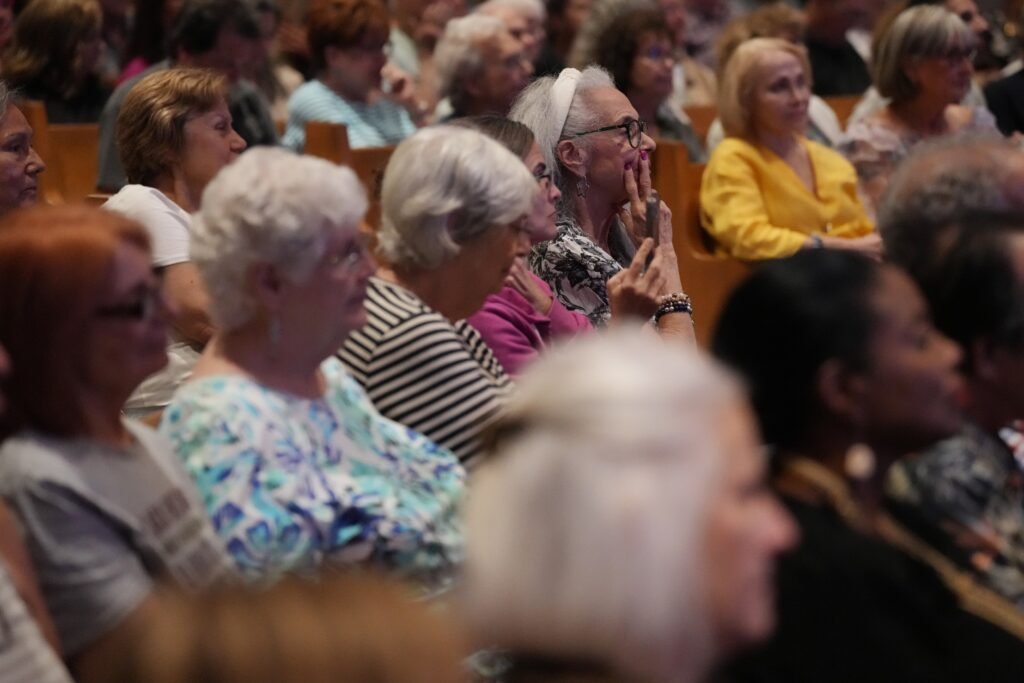
The combination of strong polling, endorsements from influential figures, and active community engagement highlights David Jolly’s growing popularity as a gubernatorial candidate. These factors contribute to the perception of him as a formidable contender, suggesting that his campaign is likely to gain even more momentum as the election approaches.
The Republican Challenge: Addressing Failures of the Current Administration
The political landscape in Florida has been significantly shaped by the current Republican leadership, notably under Governor Ron DeSantis. While his administration has garnered attention for its bold policies, there have been notable failures that have raised concerns among many constituents. One of the most pressing issues is the management of public health, particularly during the COVID-19 pandemic. Critics argue that DeSantis’s approach, which prioritized reopening the state over public safety regulations, has led to unnecessary loss of life and economic distress. This mismanagement has prompted calls for a reevaluation of leadership in the Sunshine State.
Another area of concern is education. The ongoing controversies surrounding the state’s education reform initiatives, including the introduction of legislation limiting discussions on race and gender in schools, have sparked debates about equity and inclusion in Florida’s public education system. Many parents and educators feel marginalized by these policies, highlighting a growing divide between the administration and a significant portion of the electorate. This dissatisfaction presents a clear opportunity for a Republican challenger who can resonate with voters seeking a return to more inclusive educational practices.
Moreover, the handling of environmental issues, particularly concerning climate change and its impact on Florida’s coastal communities, remains a significant hurdle for DeSantis’s administration. The lack of proactive measures to combat rising sea levels and natural disasters has raised alarms among environmentalists and citizens alike. This context underscores the urgency for a new direction in leadership. David Jolly emerges as a viable alternative, advocating for more responsible governance that prioritizes health, education, and environmental sustainability. With the potential for a change in the political tide, momentum is building for pursuing progress and a Democratic victory in Florida’s upcoming gubernatorial race.
Engagement with the Community: Building Relationships for Change
David Jolly’s approach to community engagement is rooted in the belief that meaningful change begins with understanding the needs and concerns of the constituents he aims to serve. Throughout his candidacy for Florida’s governorship, Jolly has made substantial efforts to connect with Floridians from diverse backgrounds, ensuring that every voice is heard and valued. His outreach initiatives are designed to foster relationships that transcend political boundaries, bringing together individuals from all walks of life.
One of the cornerstone strategies of Jolly’s campaign has been the organization of town hall meetings. These events serve as vital platforms for direct communication between Jolly and the public, allowing citizens to express their thoughts and ask questions in an informal setting. By encouraging open dialogue, Jolly not only demonstrates his commitment to transparency but also cultivates a sense of community among participants. This approach not only builds trust but facilitates the exchange of ideas that can contribute towards developing effective policy solutions.
Moreover, Jolly has prioritized direct conversations with constituents outside the confines of formal events. Whether it be through door-to-door canvassing or casual meet-ups in local venues, Jolly’s initiative to engage in candid discussions underscores his dedication to being accessible. He understands that hearing the stories and perspectives of everyday Floridians is crucial for addressing the challenges faced by the state, and he actively seeks feedback on pressing issues such as education, healthcare, and economic opportunities.
Ultimately, Jolly’s emphasis on engagement fosters a strong support base rooted in trust and unity. As Florida moves forward, his commitment to building relationships within the community illustrates a promising vision for leadership that truly represents the interests of its citizens.
The Role of Media and Social Networks in Jolly’s Campaign
In the contemporary political landscape, the role of media and social networks cannot be overstated. David Jolly’s campaign for the governorship of Florida effectively underscores this reality through strategic engagement and innovative uses of various channels. Jolly has adeptly employed both traditional media coverage and social media platforms to relay his messages, thereby reaching a wider audience of potential voters. This dual approach enhances his visibility while simultaneously establishing a strong personal brand that resonates with constituents.
Media coverage has been instrumental in shaping public opinion regarding Jolly. Through interviews, opinion pieces, and news segments, he has utilized traditional media outlets to communicate his stance on key issues relevant to Floridians. His campaign strategically leverages these platforms to generate discussions that highlight his policies and initiatives, enabling him to advocate for change while positioning himself as a trustworthy and knowledgeable candidate. This persistence in the media allows Jolly to maintain engagement even during critical moments of his campaign.
Conversely, social media has emerged as a pivotal tool for Jolly’s outreach, allowing him to connect directly with voters. By utilizing platforms such as Twitter, Facebook, and Instagram, he shares real-time updates, personal anecdotes, and campaign events, fostering a sense of community among supporters. Furthermore, Jolly implements targeted ads and engages actively in discussions, thus countering negative narratives that may arise. His skilled navigation of social media enables him to cultivate a loyal following and mobilize grassroots support, which is often vital in a highly competitive political arena.
The synergy between media coverage and social network utilization exemplifies a modern strategy employed by Jolly. His ability to adapt and innovate in this digital age positions him favorably to address voter concerns while strengthening his campaign narrative.
Conclusion
In reflecting on the candidacy of David Jolly for the governorship of Florida, it is evident that he embodies a unique blend of experience, vision, and commitment to public service. His political background, combined with his progressive policies, positions him as a candidate who can bring about meaningful change in the state. Jolly’s focus on issues such as education, healthcare, and economic development reveals a deep understanding of the challenges Floridians face today. His leadership style, characterized by collaboration and transparency, is likely to foster a more inclusive dialogue among constituents, thereby enhancing civic engagement.
Moreover, Jolly’s approach to governance is rooted in the principle of serving all citizens. He emphasizes the importance of bipartisan cooperation and has demonstrated a willingness to reach across the aisle to find common ground. This characteristic is particularly essential in today’s political climate, where division often prevails. By prioritizing the welfare of all Floridians, regardless of their political affiliation, Jolly presents a promising alternative to the status quo, aiming to unite rather than divide.
As voters prepare for the upcoming election, it is crucial to recognize the significance of their ballot. Electing a candidate like David Jolly, who expresses a genuine desire to uplift every community across the state, could significantly impact Florida’s trajectory. His potential to implement transformative policies and foster a culture of inclusion stands to not only enhance the quality of life for many but also contribute to a more equitable society. Hence, the future of Florida could very well depend on the collective decision made at the polls. Jolly’s candidacy represents a beacon of hope for those yearning for positive change.
